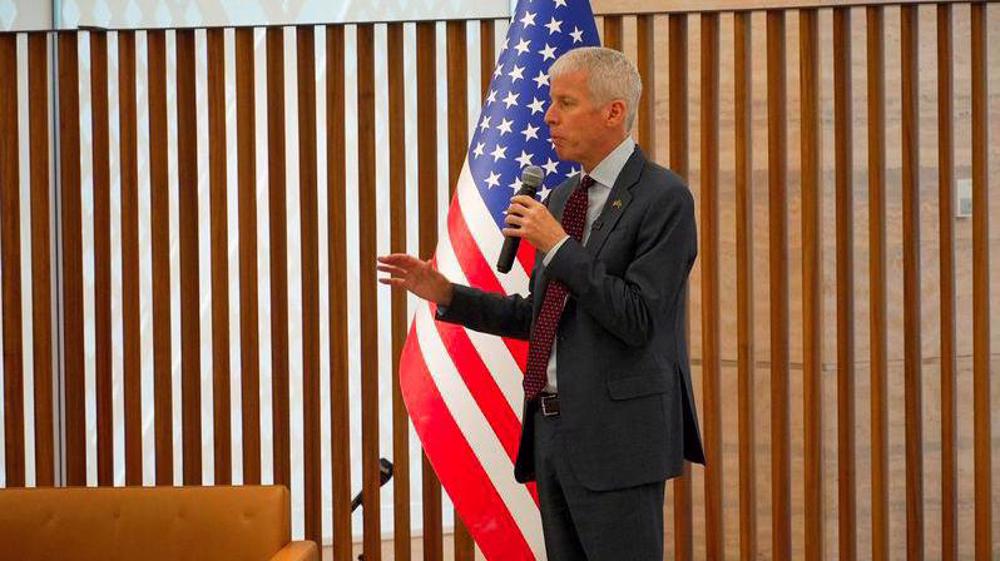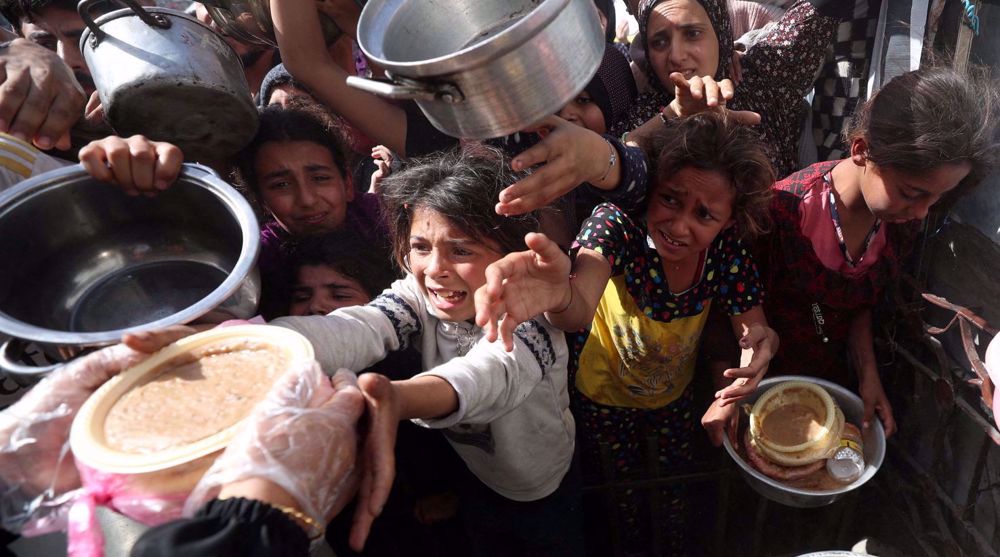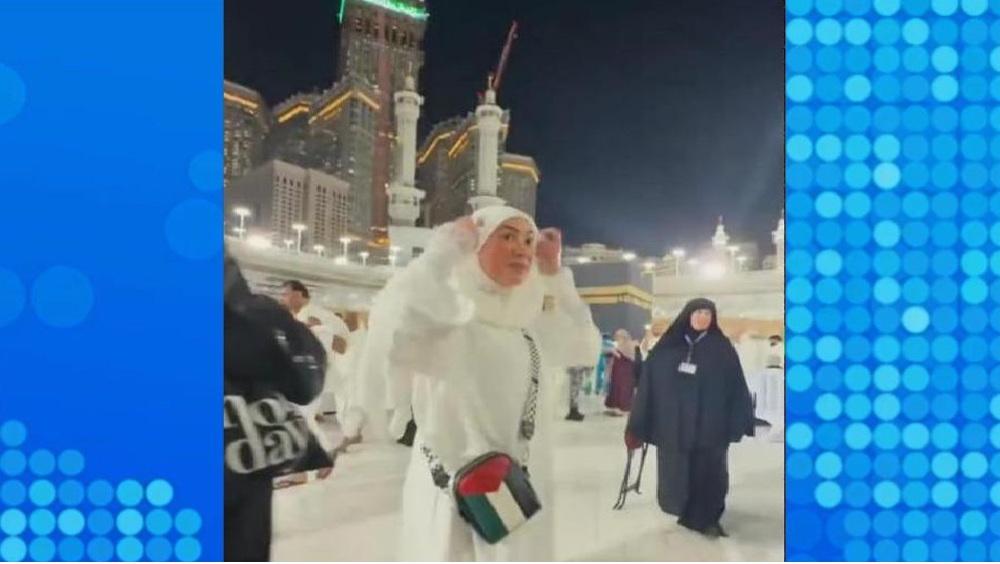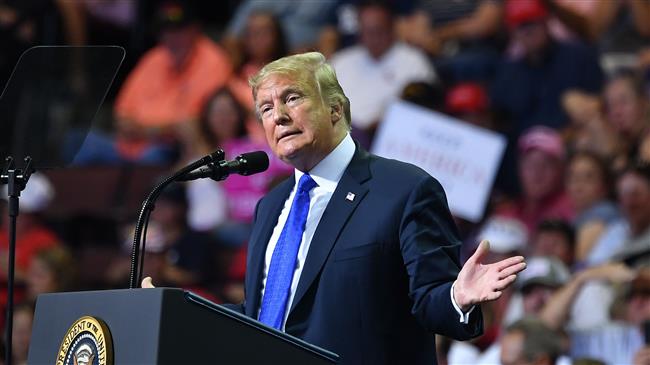Angry workers clash with police in Saudi Arabia over unpaid salaries
Clashes have broken out between police forces and workers at an industrial free zone in Saudi Arabia’s Shia-populated and oil-rich Eastern Province during riots over unpaid wages.
Local sources, requesting not to be named, said the confrontation erupted on Wednesday morning after police tried to clear a gathering that workers from the AZMEEL Contracting & Construction Corporation had formed in protest over their unpaid salaries.
Workers at the corporation said that dozens of Saudi and foreign workers had not been paid for six consecutive months and negotiations with the management had gone nowhere.
Several people were injured and killed as Saudi regime forces fired shots to disperse the riot that took place in the Dhahran district.
Workers, in return, pelted police and AZMEEL officials with rocks. An unspecified number of vehicles, including a sport utility vehicle, were damaged as well.

Back in August 2016, employees at Riyadh-based building firm United Seemac, which mostly does roadwork for the Saudi government, said they had not been paid for at least five months, and Saudi authorities and officials from their embassies had done little to address their worsening situation.
“Nobody knows the situation for employees working at small companies. All the attention is on the big companies. It’s easy to ignore us because we are not so many people,” Mohammed Barr, an engineer who has been working at the company for two years, said at the time.
He added that big companies, including the Bin Ladin Group and Saudi Oger, “have a lot of power, so that’s why the governments and embassies know about their workers.”
“We might only be 500 people but that is not all we are. Our families rely on our money, so this is a problem for 500 families. Nobody knows about companies like ours. Nobody wants to take any action to help us,” Barr said.
“We just want to be paid and then allowed to leave, either for another job here or to return home to our countries,” he went on to say.

Barr said that United Seemac had not renewed medical insurance for its workers after it expired earlier that year, meaning that the employees couldn’t access healthcare in Saudi Arabia.
Saudi Arabia has announced plans for an economic overhaul under a plan called Saudi Vision 2030.
It was publicized by Saudi King Salman bin Abdulaziz Al Saud in a televised announcement on April 25, 2016, and appears to be the brainchild of the king’s now Crown Prince Mohammed bin Salman.
It focuses on privatizations, further reductions in subsidies, selling a stake of less than 5 percent in Saudi Aramco, and the creation of a giant $2-trillion Sovereign Wealth Fund.
Economists and financial experts, however, maintain that Saudi Arabia’s plan looks blurry, and the creation of a sustainable Saudi economy remains a mirage.

Saudi Arabia, US to sign agreement on civil nuclear program: Energy secretary

Saudi Arabia calls for 'maximum pressure' on Israel as UN warns of ‘longest Gaza blockade’

Saudi police ‘detain’ female pilgrim for displaying Palestinian flag in Mecca
Charred bodies found in school as Israeli strikes kill dozens of Gazans
VIDEO | Press TV's news headlines
The April Revolution: One-year anniversary of Gaza solidarity encampments in US
Pezeshkian hails Iran-Azerbaijan ties ahead of visit to Baku
VIDEO | Spain opposition threatens to stop law protecting African migrant minors
Broadcaster: Israel fabricated Gaza tunnel to stall ceasefire deal
US-South Korea trade tensions
Students camp out at Yale to protest Israeli minister Ben-Gvir’s visit













 This makes it easy to access the Press TV website
This makes it easy to access the Press TV website